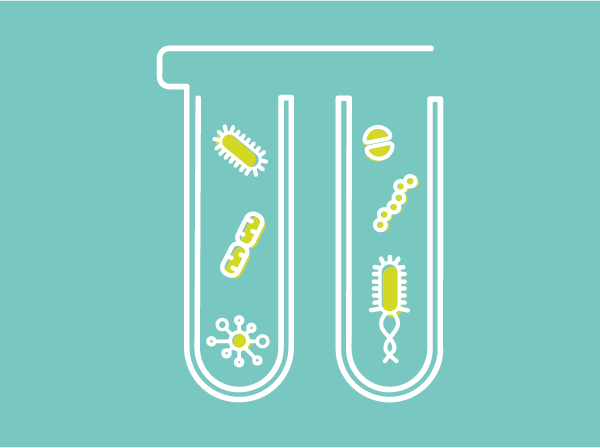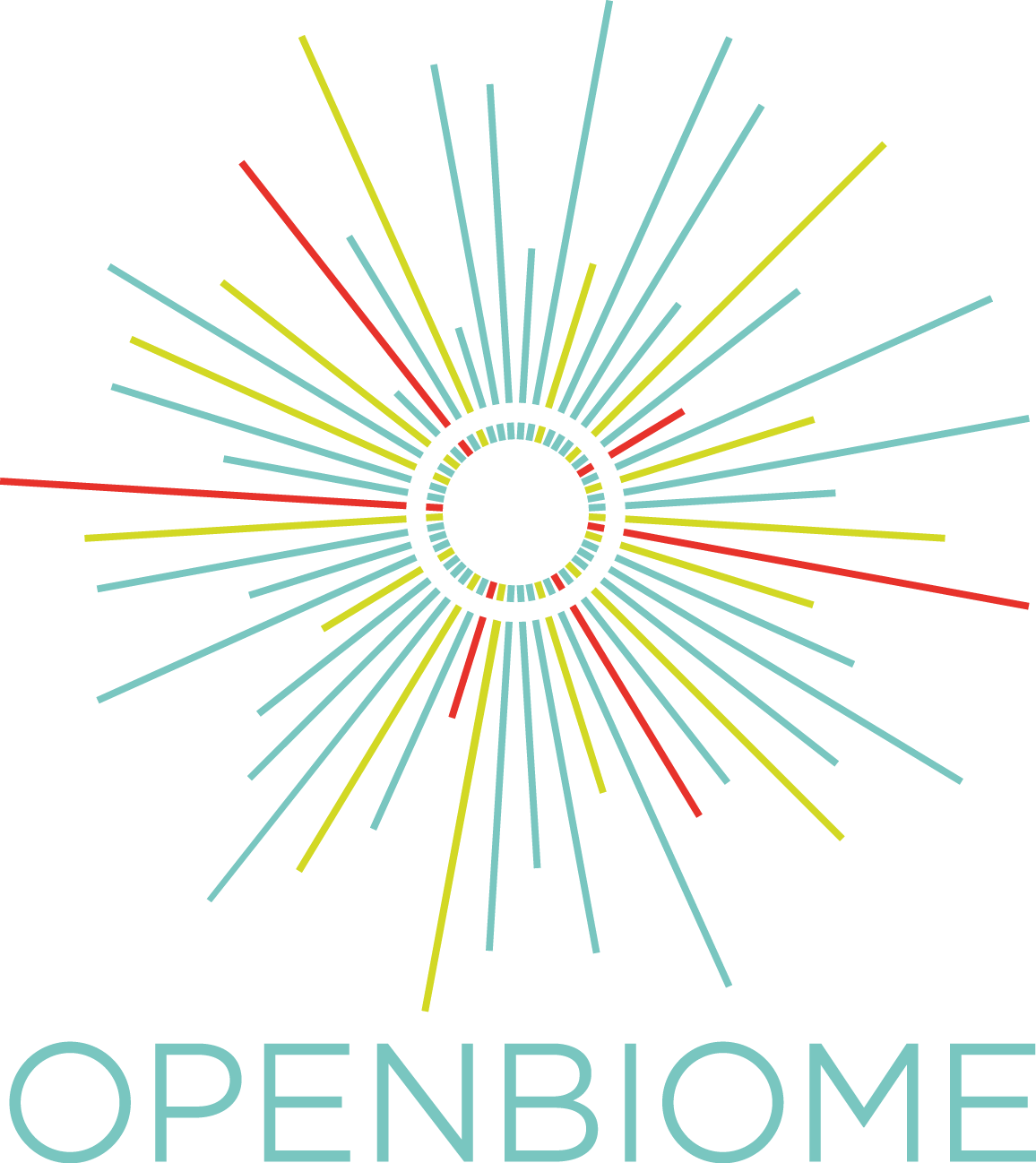Second Annual MIT-OpenBiome Translational Microbiome Workshop facilitated multi-disciplinary conversation on the search for novel microbial therapies
Press Release
Share
CAMBRIDGE, Mass — The gut microbiome has been investigated for decades, but researchers are just beginning to understand the many roles that microorganisms play in the human body, and how to use them to benefit human health. OpenBiome and the MIT Center for Microbiome Informatics and Therapeutics partnered to host the Second Annual Translational Microbiome Workshop, bringing more than 80 researchers and clinicians from 17 different institutions together to collaborate on unlocking the mysteries of the human microbiome.
Dr. Jeremiah Faith, PhD, of Mt. Sinai Medical Center, presented the first keynote address on his work building model systems for fecal microbial transplants (FMT) in mice and strain tracking for FMT in humans. Faith highlighted that the microbiome retains stable engraftment for months after an FMT, highlighting the need to investigate and understand long-term safety outcomes. He also sounded a cautionary note about the future widespread use of a single cocktail of synthetically grown microoganisms. In the second keynote, Dr. John Bartlett, MD, the celebrated founder of the Division of Infectious Diseases at Johns Hopkins School of Medicine, provided a clinical perspective on the historical emergence of both C. difficile and FMT. Dr. Bartlett’s team made the association between antibiotic-associated colitis and C. difficile at Tufts University in the 1970s, and his talk reviewed medical and public health approaches to managing the disease, including challenges in methods of detection and diagnosis. These methods included polymerase chain reactions, ELISA immunoassays, and even a dog’s sense of smell when, in the Netherlands, a trained beagle was able to accurately differentiate between hospital rooms with and without C. diff patients.
Following the keynotes, attendees broke up into smaller groups to tackle some of the most pressing obstacles and open questions facing microbiome researchers and clinicians. Some sessions focused on advances in basic science, such as new modeling techniques for host-microbe interactions or the Microbiome Metacommunity Standard developed by OpenBiome. Others offered opportunities for participants to discuss novel applications of microbial therapy, such as using FMT in malnutrition and tropical diseases.
Many of OpenBiome’s clinical research collaborators joined to share their expertise. Dr. Olga Aroniadis, MD, of Montefiore Medical Center led a discussion on the lessons learned from FMT trials in IBS, highlighting the disease’s complexity and how engineering the microbiome could achieve clinical improvements in patients. Dr. Marina Santiago of Finch Therapeutics gave an overview of the role the gut plays in the spread of antibiotic resistance and how FMT could serve to fundamentally disrupt the cat-and-mouse game of antibiotic overuse and resistance.
Other groups discussed the legal challenges facing the development of microbiome-targeted therapies. A session led by OpenBiome Director of Policy and Global Partnerships Carolyn Edelstein outlined the unique regulatory environment of the microbiome, while another led by Dr. Stephen Altieri, JD, PhD, tackled how intellectual property law will affect current and future therapeutic innovations.
The full program of the event can be found on OpenBiome’s website at www.openbiome.org/mit-ob-2016. To learn more details about the workshop and content of individual sessions, please contact the event’s coordinator Tom Leith at tom@openbiome.org.

